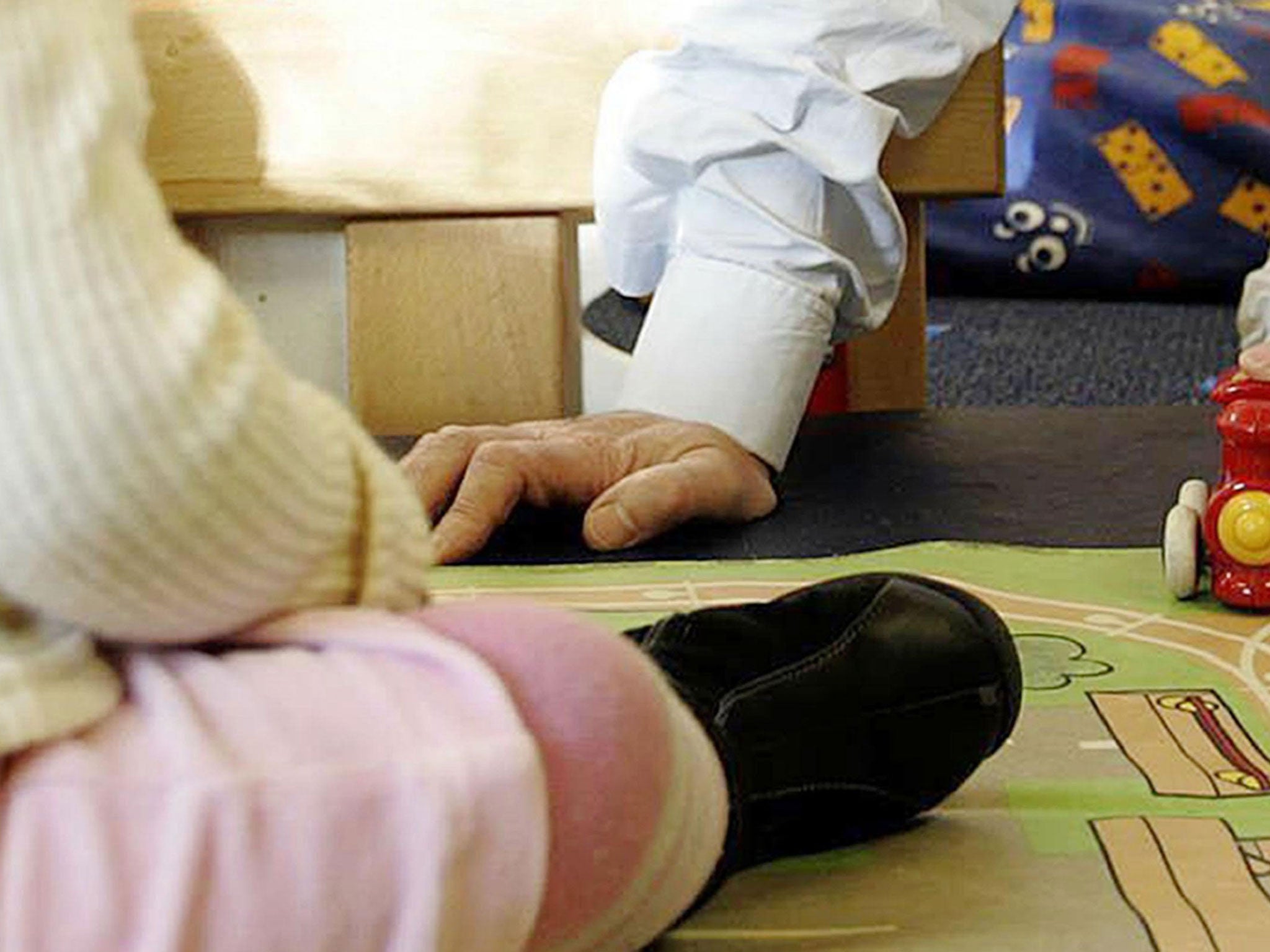Children under six being prescribed behavioural drugs against medical guidelines
More than a fifth of educational psychologists are aware of children under six being given medication

Your support helps us to tell the story
From reproductive rights to climate change to Big Tech, The Independent is on the ground when the story is developing. Whether it's investigating the financials of Elon Musk's pro-Trump PAC or producing our latest documentary, 'The A Word', which shines a light on the American women fighting for reproductive rights, we know how important it is to parse out the facts from the messaging.
At such a critical moment in US history, we need reporters on the ground. Your donation allows us to keep sending journalists to speak to both sides of the story.
The Independent is trusted by Americans across the entire political spectrum. And unlike many other quality news outlets, we choose not to lock Americans out of our reporting and analysis with paywalls. We believe quality journalism should be available to everyone, paid for by those who can afford it.
Your support makes all the difference.Children under six are being prescribed behavioural drugs against medical guidelines as mental health professionals struggle to cope with a lack of funding and short staffing.
This is the finding from a survey of educational psychologists, which found many pre-schoolers are being prescribed drugs for hyperactivity such as Ritalin - even though the National Institute for Health and Clinical Excellence (Nice) recommends psychological interventions should be tried first.
The survey, carried out by University College London Institute of Education (IoE) and the British Psychological Society, also found there was an “intolerance of difference”, with children seen as having something wrong with them for non-conformist behaviour.
It found that more than 20 per cent of educational psychologists are aware of children under six being given medication.
One educational psychologist who took part in the study wrote: “Our biggest difficulty is that children’s and adolescent mental health services and paediatric teams are so short-staffed they go straight to medication and completely ignore Nice guidance.”
The report, which surveyed 136 professionals in 70 different areas, found that medication is widely seen as the most appropriate treatment of ADHD, according to the Guardian.
“Medication was felt to be the predominant form of treatment for ADHD despite Nice guidelines that psychological interventions should be implemented first,” the report said.
Vivian Hill, the director of professional educational psychology training at the IoE, told the Guardian: “It is very alarming to discover that terribly young children who often have not had access to alternative treatments are being put on medication.
“It is almost certainly to do with the fact that the whole of children’s mental health services is incredibly underfunded. It’s quick and easy – one off the waiting list, one intervention in place.”
Join our commenting forum
Join thought-provoking conversations, follow other Independent readers and see their replies
Comments